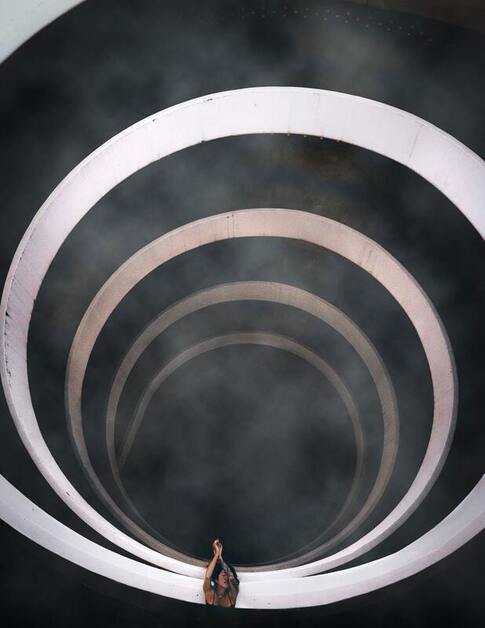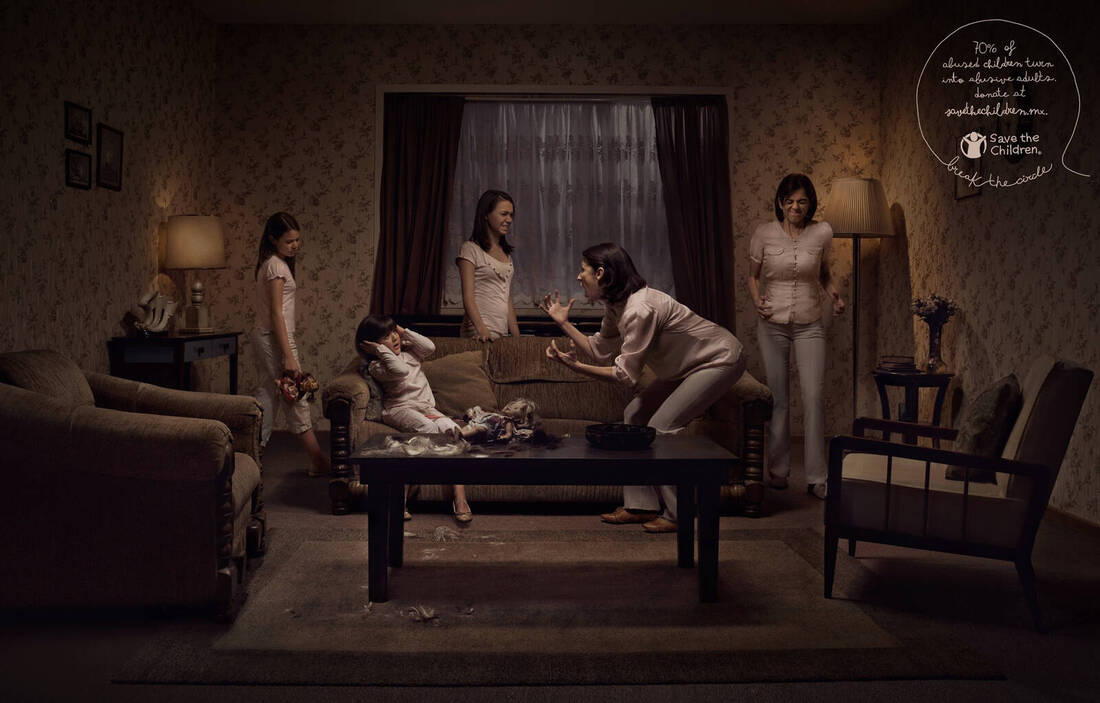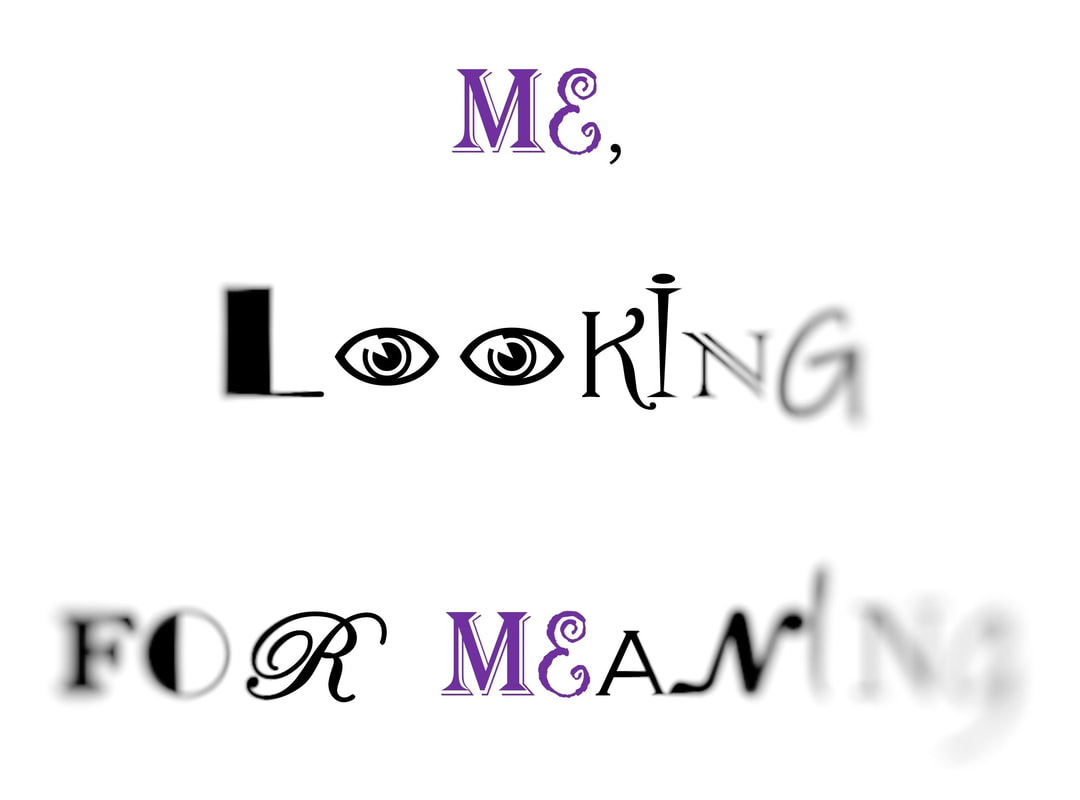Cycle of Violence
PAGE IN PROGRESS
What you see here is a page of my hypertext book Me, Looking for Meaning. Initially empty, it will slowly be filled with thoughts, notes, and quotes. One day, I will use them to write a coherent entry, similar to these completed pages. See this post to better understand my creative process. Thank you for your interest and patience! :)
What you see here is a page of my hypertext book Me, Looking for Meaning. Initially empty, it will slowly be filled with thoughts, notes, and quotes. One day, I will use them to write a coherent entry, similar to these completed pages. See this post to better understand my creative process. Thank you for your interest and patience! :)

Image credit: Lukas Rodriguez from Pexels
see section "breaking the cycle" in chapter 1 of "Good inside"
"Back in the 1990’s Russia, my uncle and I weren’t really close. Random memory: I wanted to help him dry mushrooms he had picked, but he didn’t let me, a kid, so I was pissed. I didn’t know him well, but I knew that he had a problem. When he was not drinking, he was mostly nice to everybody. One time, he gave each one of us a present. I got an orange pack of chewing gum. I later realized that he was saying goodbye. He thought that without him in our lives, we would be happier. He was wrong."
Children who grow up in situations of physical, emotional, sexual abuse can become abusers in the future. IMPORTAT: Not everybody who was abused will become an abuser (this is a harmful stereotype). But almost every abuser was likely abused themselves in the past. In 2012, there was an public awareness campaign titled "Bedroom Circle, Livingroom Circle, Kitchen Circle" was published in Mexico. You can see one of the images below. It illustrates the cycle of emotional abuse. The other two images (for sexual and physical abuse) can be found here. TRIGGER WARNING: Before you click the link or scroll down this page to see the image, you should know that these images can be triggering for people who have experienced or are experiencing abuse (emotional, physical, sexual).
"As human beings we belong to an extremely resilient species. Since time immemorial we have rebounded from our relentless wars, countless disasters (both natural and man-made), and the violence and betrayal in our own lives. But traumatic experiences do leave traces, whether on a large scale (on our histories and cultures) or close to home, on our families, with dark secrets being imperceptibly passed down through generations. They also leave traces on our minds and emotions, on our capacity for joy and intimacy, and even on our biology and immune systems." He continues: "Trauma affects not only those who are directly exposed to it, but also those around them."
( "The Body Keeps the Score").
Empathy towards a person caught in the cycle of violence. It is very hard if feel very angry about their actions. Story about the Vietnam veteran who committed atrocities after witnessing his team and his best friend being killed in front of him.
This is also connected to the questions about violence in the human nature.
Generational trauma - “family curse”?
Armie Hammer
About this project: Start page
see section "breaking the cycle" in chapter 1 of "Good inside"
"Back in the 1990’s Russia, my uncle and I weren’t really close. Random memory: I wanted to help him dry mushrooms he had picked, but he didn’t let me, a kid, so I was pissed. I didn’t know him well, but I knew that he had a problem. When he was not drinking, he was mostly nice to everybody. One time, he gave each one of us a present. I got an orange pack of chewing gum. I later realized that he was saying goodbye. He thought that without him in our lives, we would be happier. He was wrong."
Children who grow up in situations of physical, emotional, sexual abuse can become abusers in the future. IMPORTAT: Not everybody who was abused will become an abuser (this is a harmful stereotype). But almost every abuser was likely abused themselves in the past. In 2012, there was an public awareness campaign titled "Bedroom Circle, Livingroom Circle, Kitchen Circle" was published in Mexico. You can see one of the images below. It illustrates the cycle of emotional abuse. The other two images (for sexual and physical abuse) can be found here. TRIGGER WARNING: Before you click the link or scroll down this page to see the image, you should know that these images can be triggering for people who have experienced or are experiencing abuse (emotional, physical, sexual).
"As human beings we belong to an extremely resilient species. Since time immemorial we have rebounded from our relentless wars, countless disasters (both natural and man-made), and the violence and betrayal in our own lives. But traumatic experiences do leave traces, whether on a large scale (on our histories and cultures) or close to home, on our families, with dark secrets being imperceptibly passed down through generations. They also leave traces on our minds and emotions, on our capacity for joy and intimacy, and even on our biology and immune systems." He continues: "Trauma affects not only those who are directly exposed to it, but also those around them."
( "The Body Keeps the Score").
Empathy towards a person caught in the cycle of violence. It is very hard if feel very angry about their actions. Story about the Vietnam veteran who committed atrocities after witnessing his team and his best friend being killed in front of him.
This is also connected to the questions about violence in the human nature.
Generational trauma - “family curse”?
Armie Hammer
About this project: Start page

